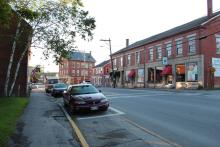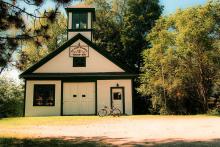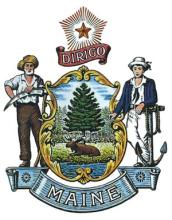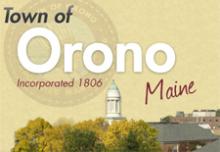Maine’s Antique Capital Aims to Propel State Into 21st Century With Better Broadband Access
The Searsport Broadband Committee is pushing forward with a plan to bring a Fiber-to-the-Home (FTTH) network to town residents. The committee hopes to hold a special town meeting soon, where residents will be asked to vote on a bond to pay for it.
Searsport, Maine (pop. 2,600), known for being “the home of famous sea captains” and the “Antique Capital of Maine,” is certainly not an antique when it comes to the town's perspective on the necessity of broadband and the long-term benefits that come from investing in fiber.
“There’s a saying, ‘it’s future-proof,’” Searsport Town Manager James Gillway told the Bangor Daily News. “It’s so far ahead of what copper wire does. It’ll give us better connectivity, and we would run it, own it, like any other utility. That way, we can control the cost. We can be super competitive.”
The town recently put out an informational booklet to educate residents on what this network would look like.
The network is estimated to cost between $2.5 million and $3 million, with the town seeking state grants to help cover some of the costs. Residents will have the option to subscribe for $60 to $70/month with speeds going up to 1 Gigabit per second (Gbps). Early news coverage suggests the town would contract with Axiom Technologies of Machias to be the Internet Service Provider (ISP).
Like many communities we’ve been covering over the course of the pandemic, working from home and distance learning has really put a spotlight on the need for fast, reliable Internet access in Searsport.
The town received a $13,000 grant that it applied for back in July 2020 to help boost it’s free public downtown Wi-Fi, which the town believes will “set [them] apart and make [them] more of a destination then a rest stop or pass through town.”






